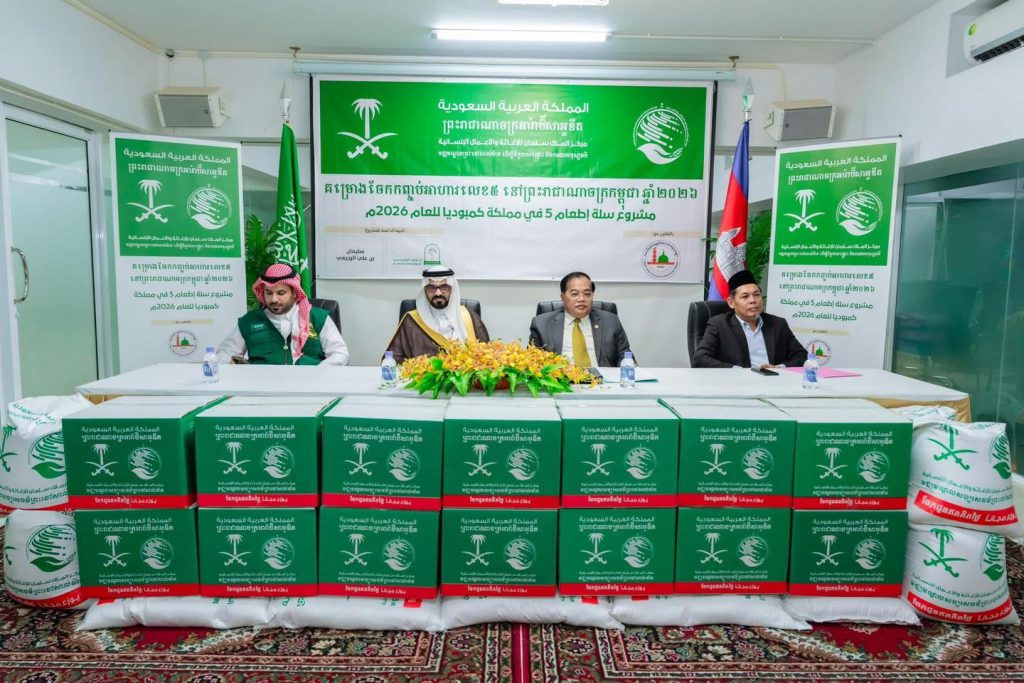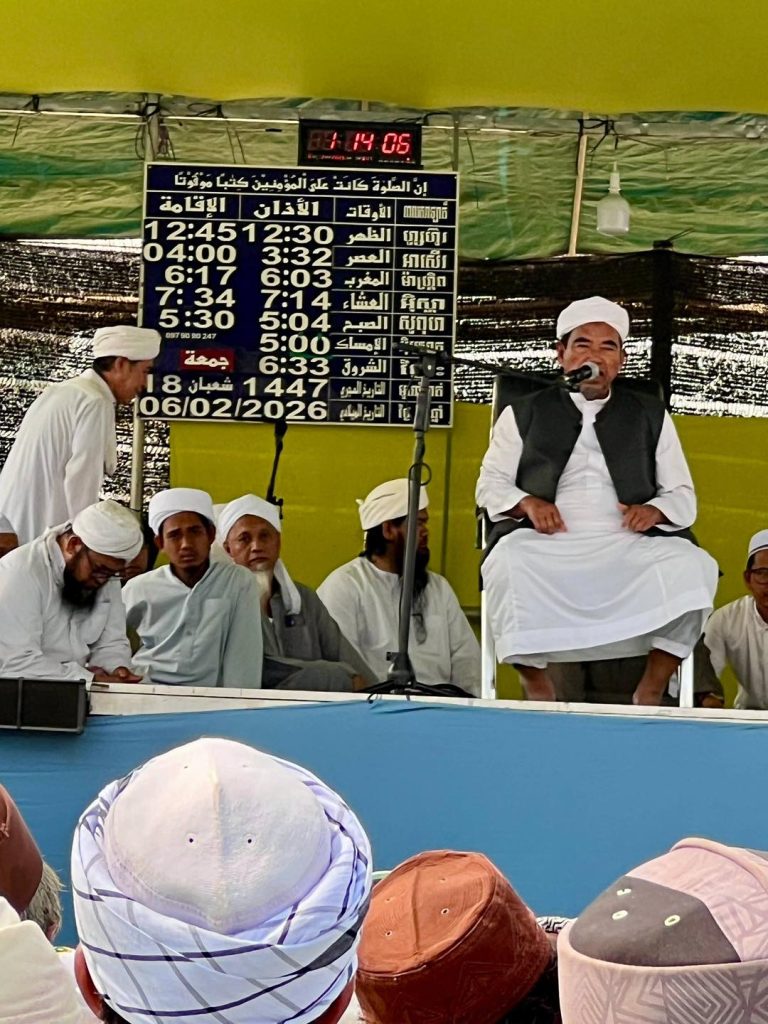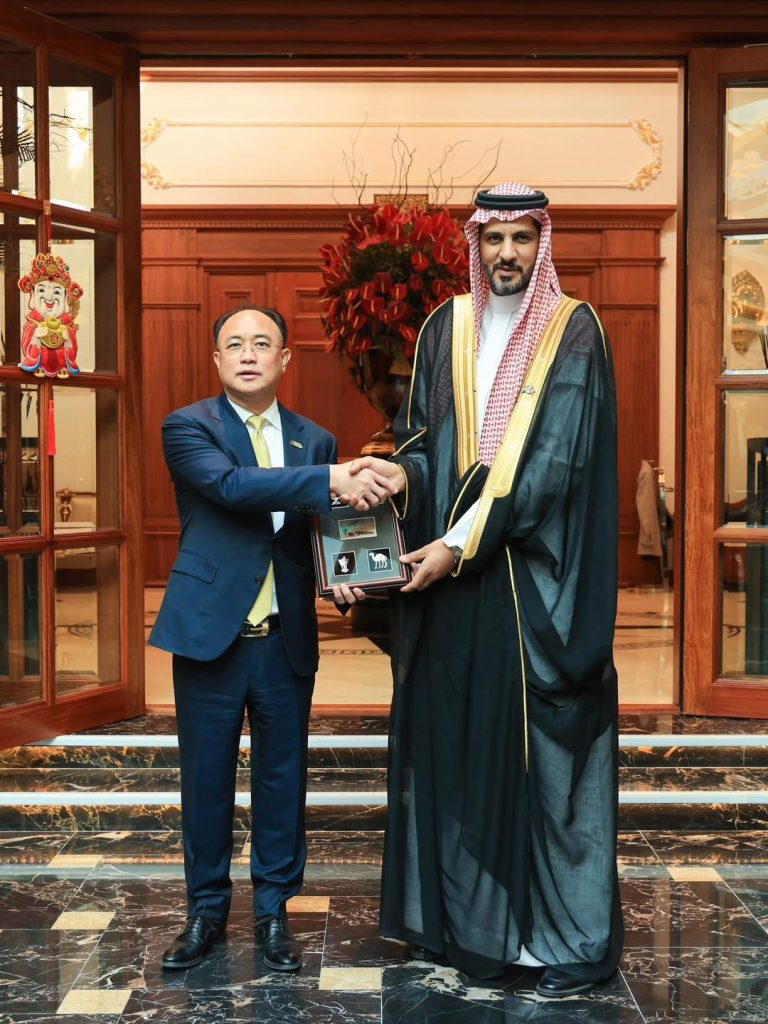
Bountiful harvest predicted during Royal Ploughing Ceremony


It was held yesterday in Trapaing Loeuk village, Rakar Thom commune, in Kampong Speu province’s Chbar Mon City. Thousands of farmers also attended the event.
This is the second year that the ceremony has been held after a three-year hiatus due to the COVID-19 pandemic.

It symbolises the onset of the planting season. Vei Samnang, Governor of Kampong Speu province, played the role of Sdech Meak, ploughing the field, and his wife acted as Mehua walking behind and scattering grains on the furrowed ground.
After three rounds of ploughing with oxen for more than 20 minutes on what was supposed to be a field, a pair of oxen were led to consume seven bowls of fodders containing rice, corn, beans, sesame, grass, water, and wine.
Brahmin priest and astrologer Kang Ken announced that “the royal oxen ate 95% of rice, 95% of corn and 85% of beans (which signify a bumper harvest).”

“This is a prediction of the tradition of the Royal Ploughing Ceremony, which has existed since ancient times, as well as the announcement that the rainy season has arrived,” Ken said.
He also prayed for regular rain, prosperity, and cooling in Cambodia, as well as keeping Cambodia safe from natural disasters.
This is wonderful news for Cambodian farmers if the prediction yesterday becomes reality.
One of the farmers, Va Phatny, who attended the event, said that she was delighted at the news of a bountiful harvest.
“I have already planted my rice this year on about three hectares in Rokar Thom village,” she said. “I hope that this year I will get a high yield of rice, because even if this year the rainfall is not very abundant, near the fields, we have a reservoir that can be used to irrigate.”

“Last year, I planted rice on about three hectares and got about six tonnes because our rice was good,” she said.
Chhim Chanthy, a farmer, also believes that this year’s rice, corn and beans will have bumper yields because these three crops were announced at the ceremony.
She said that she believes farmers will get high yields because in Kampong Speu province, there is an adequate irrigation system for crops if they are experiencing drought.
“Our leaders are highly attentive to the well-being of the farmers. When there is no water for irrigation, they help the people to have enough water for farming,” Chanthy said. “Where rice faces drought, they come down to help pump water to save our rice.”
Theng Saroeun, President of the Coalition of Cambodian Farmers’ Communities (CCFC), said that the Ploughing Ceremony has been a tradition of the Khmer people since ancient times and that it symbolises the start of the farming season.
He noted that if agricultural crop yields are predicted to increase by more than 90%, it is a good sign for the Cambodian people; however, in order for rice, corn, beans or other agricultural crops to yield as predicted, farmers must begin planting immediately.
“The government, along with all stakeholders, should carefully consider the farmers’ needs and responses to their problems,” he added.
He asked the government and all stakeholders to give more attention to the demands of irrigation systems, water and seed supply, and fertiliser for agricultural crops.
Traditionally, the Royal Ploughing Ceremony was held every year in Veal Men Square, next to the Royal Palace. The ceremony was then moved to the provinces, with Takeo hosting the final royal ceremony in 2019 before the event was interrupted by the COVID-19 outbreak.
At the event yesterday, Kampong Speu provincial authorities also set up scores of booths, which showcased agricultural products such as rice, potatoes, rubber and fruit. The King also toured the booths to see what crops farmers had planted.









